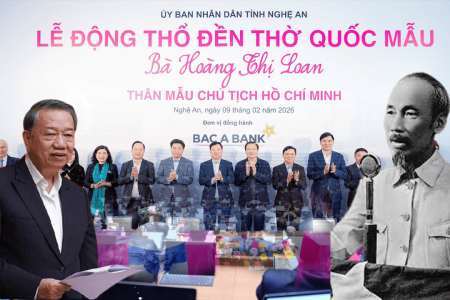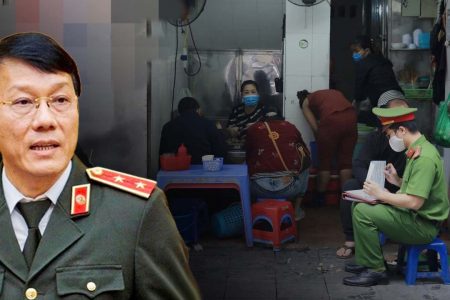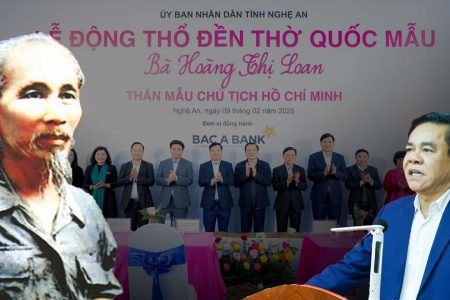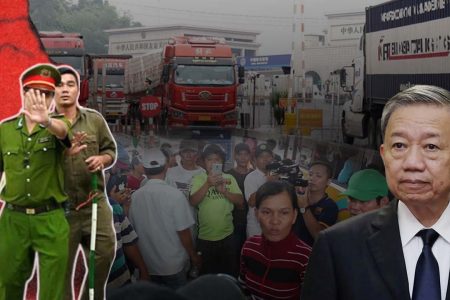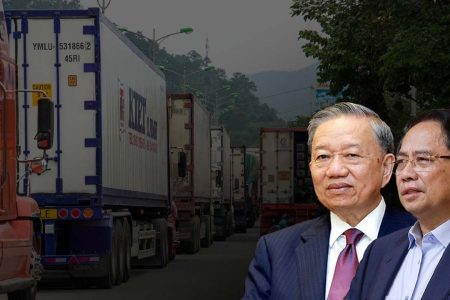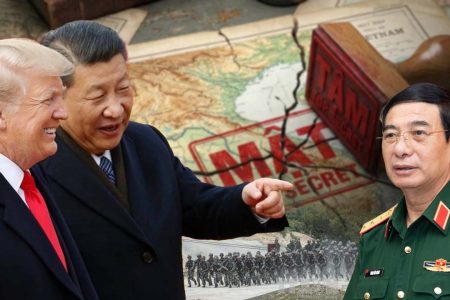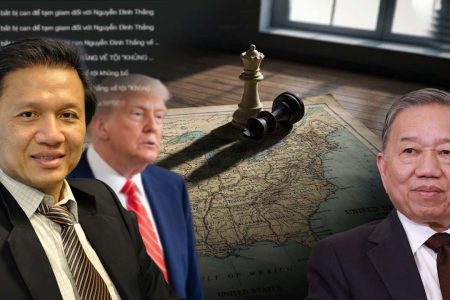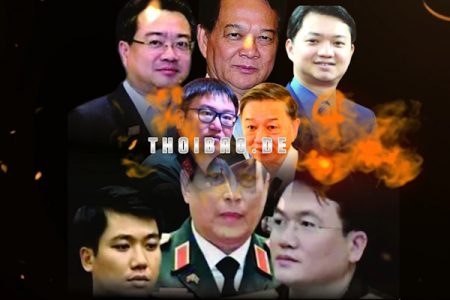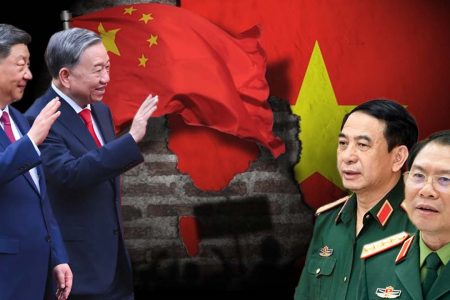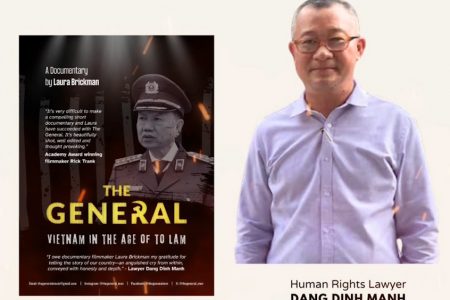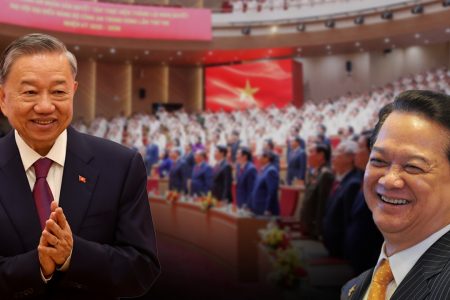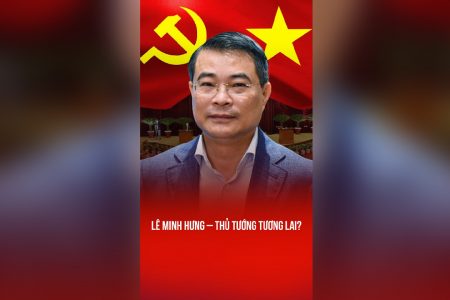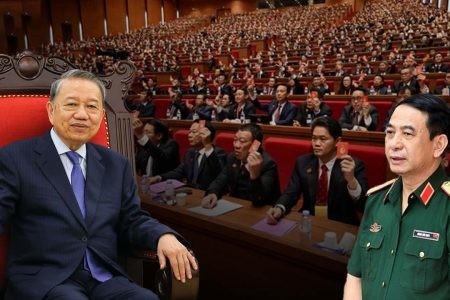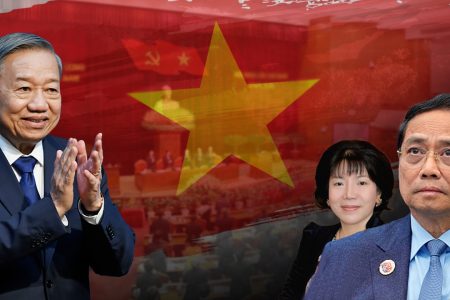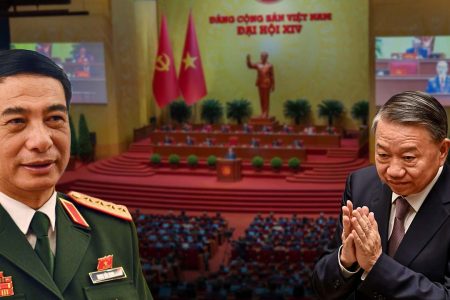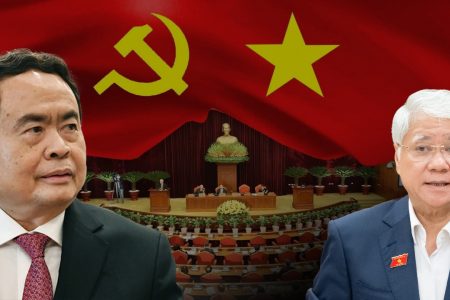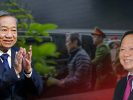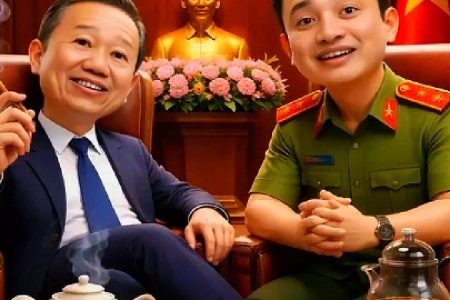After the leak of the recording between Thai Prime Minister Paetongtarn Shinawatra and Cambodian Senate President Hun Sen, the political crisis is shaking the Thai political scene and the Southeast Asian region.
That is raising a question among international observers of Vietnamese politics, which is, what will happen if one „beautiful“ day, China’s leadership also „plays a trick“ – releasing recordings of private conversations of the leaders of the Communist Party of Vietnam?

The story between Hun Sen and the Thai PM is not only a matter of foreign relations between the two countries, but has immediately become the trigger for the internal political crisis of the Kingdom of Thailand.
The fact that, based on the close personal relationship between the two families, Paetongtarn called herself her niece and Hunsen her uncle, and also called the Commander of Military Region 2 of the Thai Army „the opposition“ in order to appease Hun Sen.
But it was precisely this gentleness and sincerity of the Thai Prime Minister, when made public, that caused her to face fierce criticism. From there, it is breaking up the ruling coalition and may force her to resign in the next few days.
What is more noteworthy is that Hun Sen – a veteran politician – took the initiative to record the call, then released the entire thing to save his reputation which is significantly declining in Cambodia.
From the story in Thailand as just told, a question arises: can China, a country with rich experience in manipulating information, and as Hunsen’s boss, use the same trick with the Vietnamese leadership?
According to insiders, in high-level contacts between Vietnamese leaders and China, especially those of pro-Beijing figures, the possibility of conversations being recorded is entirely real.
In the past, China has held many „cards“ – blockbusters, such as the minutes of the 1990 Chengdu Conference, which were not made public but only used when it was necessary to exert political pressure on Vietnam.
Therefore, suppose a recording between a Vietnamese leader and Chinese were released, revealing statements expressing concessions or selling out the country, or badmouthing leaders within the party.
That would not only destroy the image of the Vietnamese leaders in the eyes of the public, but could also break the already fractured power structure within CPV, which would become chaotic.
Especially in the context of the 14th CPV’s National Congress approaching, this is the most sensitive period of Vietnamese politics. Factional calculations, secret negotiations and power distribution all take place in the dark.
Imagine, if there is evidence in the form of audio recordings or „black and white“ commitments to sell the country, of some high-ranking leaders such as late General Secretary Nguyen Phu Trong, incumbent PM Pham Minh Chinh or State President Luong Cuong, etc., who have committed to „sharing“ national interests to receive political support from China.
Then immediately, not only will the political career of any leader be buried, but it will also be a political „disaster“ for the ruling party, especially when the wave of nationalism – „hating“ China in Vietnam is becoming popular.
Not only that, the act of „spreading evidence“ like Hun Sen’s act will be used as an attack on Vietnam’s political security. With the purpose of putting pressure, dividing internally or provoking public reaction.
What is worrying is that in Vietnam, all foreign affairs activities of the Party and State are still considered “state secrets” so transparency and accountability are almost non-existent.
This is even more dangerous if it is used as a tool of manipulation by Beijing, a political force with far-reaching influence, and especially for the leaders of the Communist Party of Vietnam who tend to be pro-China.
Tra My – Thoibao.de



